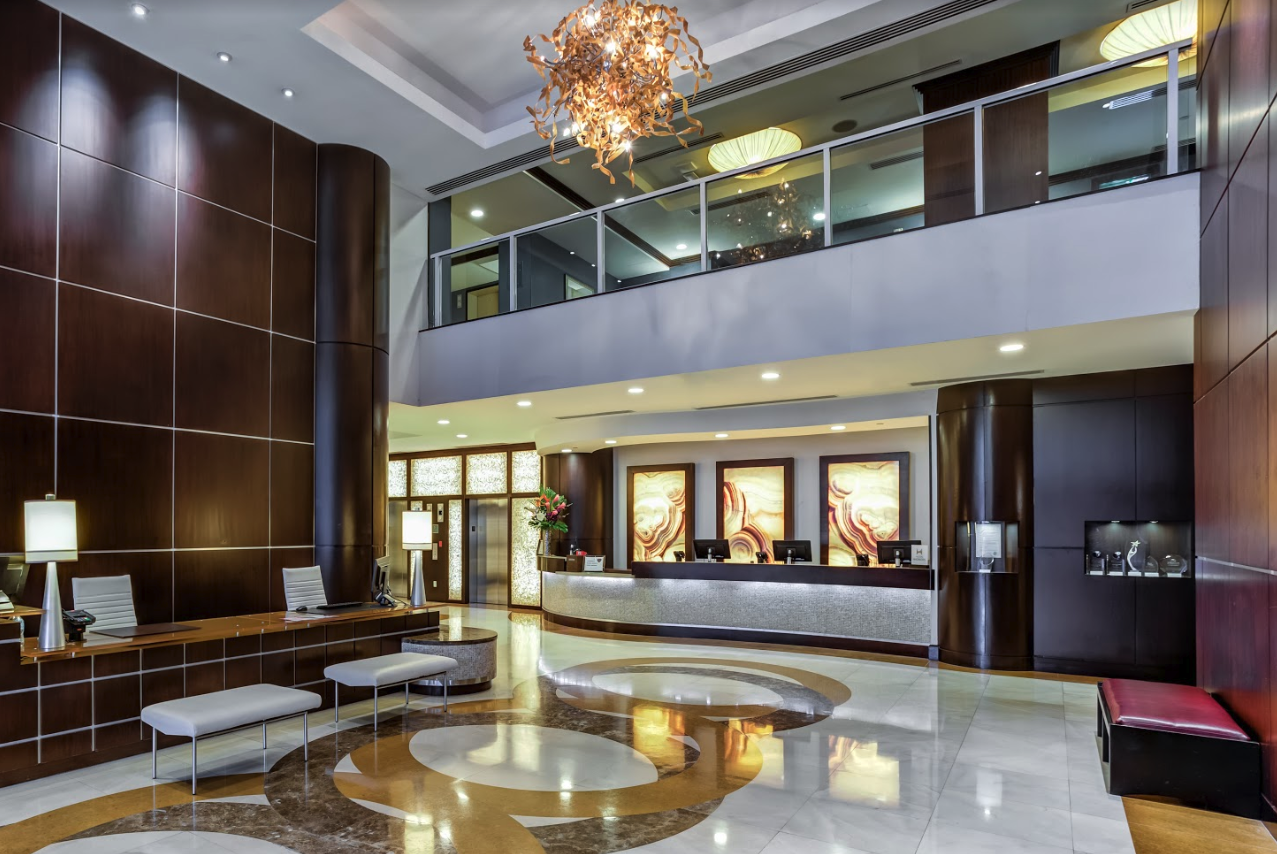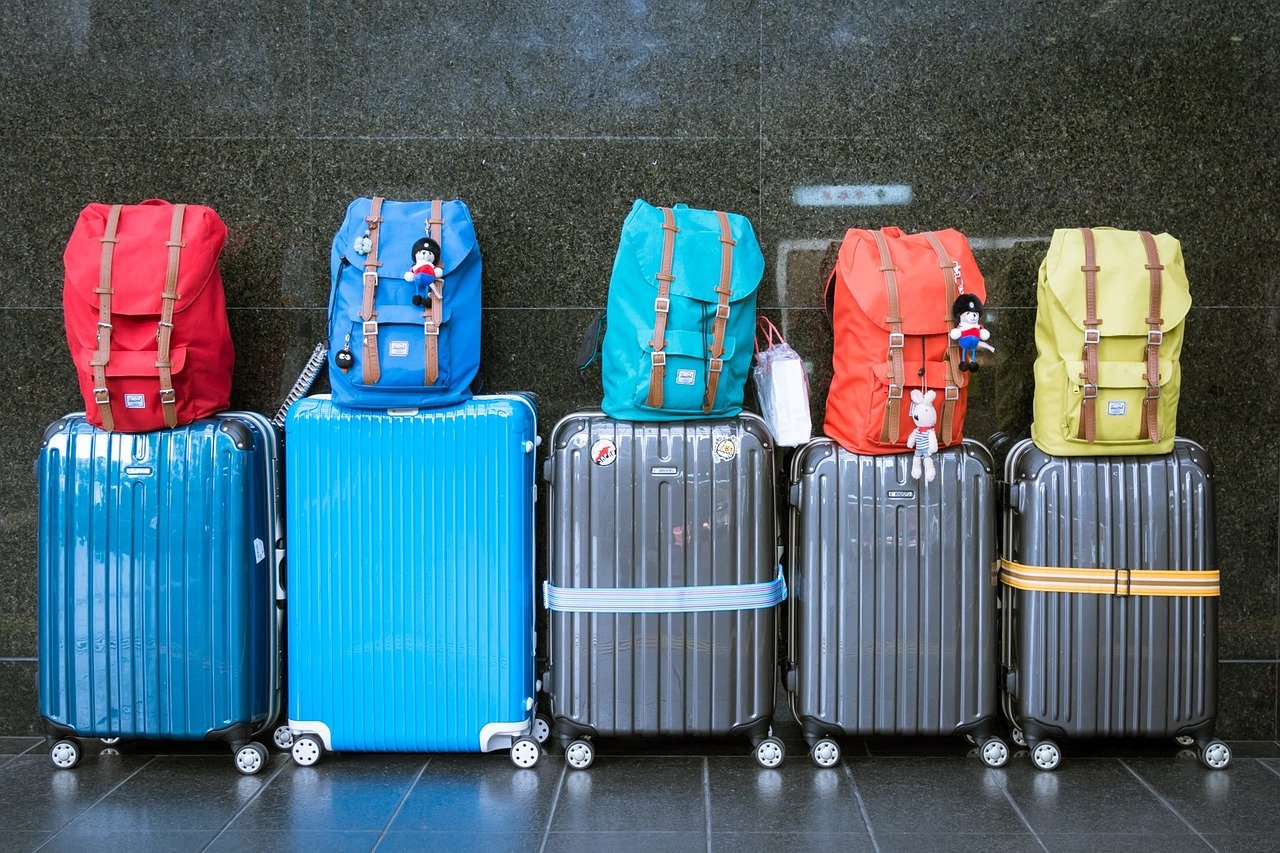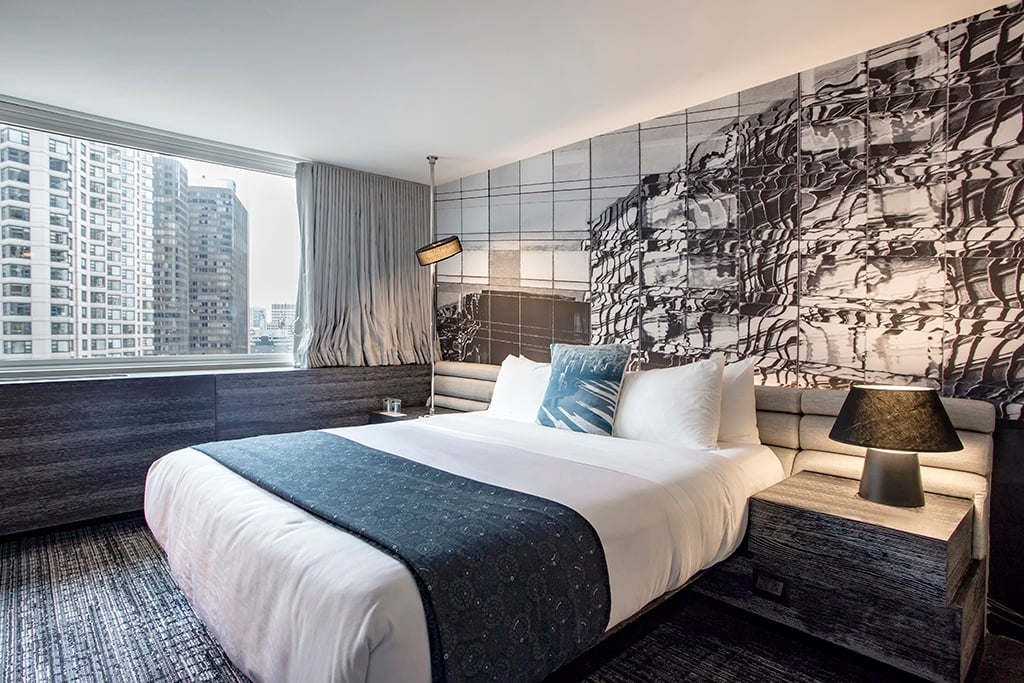Are Virtual Tours the Modern Travel Brochure?
Brochures and travel booklets once dominated the travel industry, but today, 75% of people research their destination online before booking.

The hotel industry is being pulled in all directions, from keeping up with OTAs (Online Travel Agencies) to competing with rapid growth in the sector. But the major challenges hotels face this year are not only about competition — they’re about meeting consumer needs.
Consumers have become a demanding challenge in nearly every industry, but hotels especially face the grueling truth that buyers today are more connected than ever when researching travel. Every day, the active buyer does 1.5 searches every day about its next trip. That’s at least 45 searches in a single month, and more for an active traveler.
Hotels need to be at the top of the search engine to take full advantage of the connected consumer.
Related: 5 Easy Hotel Social Media Marketing Tips and Strategies
We’ve compiled the top five secrets that hotels need to be tapping into to make the most of their digital marketing mix.
Google Homes and Amazon Echos are popping up in almost every household, and let’s not forget about Siri. Twenty percent of searches through mobile devices come from voice controls. By 2020, this percentage will reach 50% in the United States.
The challenge currently is that there is little known about optimizing for voice search, but one thing is certain: optimization goes far beyond your website. You need to make sure all your hotel listings are up-to-date, consistent and utilizing long-tail keywords.
Typing a keyword into a search engine is not the same as asking a logical and detailed question to a Google Home. Incorporate a long-tail keyword strategy into your mix, giving your specific web pages stronger descriptors.
Up to 80% of hotel bookings are made on mobile devices, so if you’re not putting your mobile marketing efforts first, you’re missing out on valuable traffic.
Your mobile experience needs to be top notch, with strong attention to mobile site speed. If a brand or company has a slow mobile site or app, 50% of travelers have a negative perception of that brand.
In many cases, consumers that are connecting to hotels via mobile are seeking last-minute reservations and quick getaways. That’s why your mobile speed is essential to the impulsive consumer to increase direct bookings through mobile.
The connected consumer today doesn’t always have the time to speak to someone over the phone or make detailed arrangements with a hotel. Thanks to virtual technology, you can cut out the middleman and speed up hotel bookings for a number of reasons:
According to Expedia, informative content from travel brands can influence the decision-making process for 78% of travelers.
Virtual technology gives consumers control. They’re able to process this kind of information faster, understand exactly what they’re getting from your hotel, and conveniently tour a space from any location.
Consider adding advancements to your overall guest experience. Traveling can be hectic and stressful for some guests, so offering solutions to minimize hiccups during their trip can make all the difference in their stay.
Slowly incorporating these types of advancements create a memorial experience that keeps guests returning.
Lastly, social media is a missing link in most hotel marketing plans. While some hotels may be leveraging some social channels, the missing component is not utilizing them all in some shape or form.
Let’s break down the social media use from Pew Research Center’s latest data:
For hotels, it’s essential to invest in all channels and strategize about your target audience on each one. YouTube is a key player that most of the industry is missing, including 360 video on YouTube. Facebook and Instagram Stories play well into the 25-35 age group. Snapchat works well with Generation Z, while LinkedIn and Twitter play more of a B2B role.
The moral is, social media needs to go beyond just posting. Social media needs to be an information channel and a customer service channel packed in one. Interacting with guests and future guests is a must with your social media efforts. This includes responding to reviews (negative and positive) to keep a strong presence on all your listings.
Social media is a tool that not only brings in new leads, but also retains guests and keeps them coming back. Use social media to strengthen those relationships.
If there's one thing to take away from this post, it's that investing in memorable experiences will leaving a lasting impressions on your guests. Utilize the right technology to shorten lead time to direct booking and keep guests coming back with unique experiences that set you apart from the competition.
Want to take your hotel experience into the future with virtual tours? Contact us today to learn more.

Brochures and travel booklets once dominated the travel industry, but today, 75% of people research their destination online before booking.

In the era of digital marketing, hotels and online travel agencies have been in tight competition. For instance, last year direct bookings account...

There was once a time where the combination of virtual tours and the hotel industry seemed like a distant thought. Why would a hotel consider a...